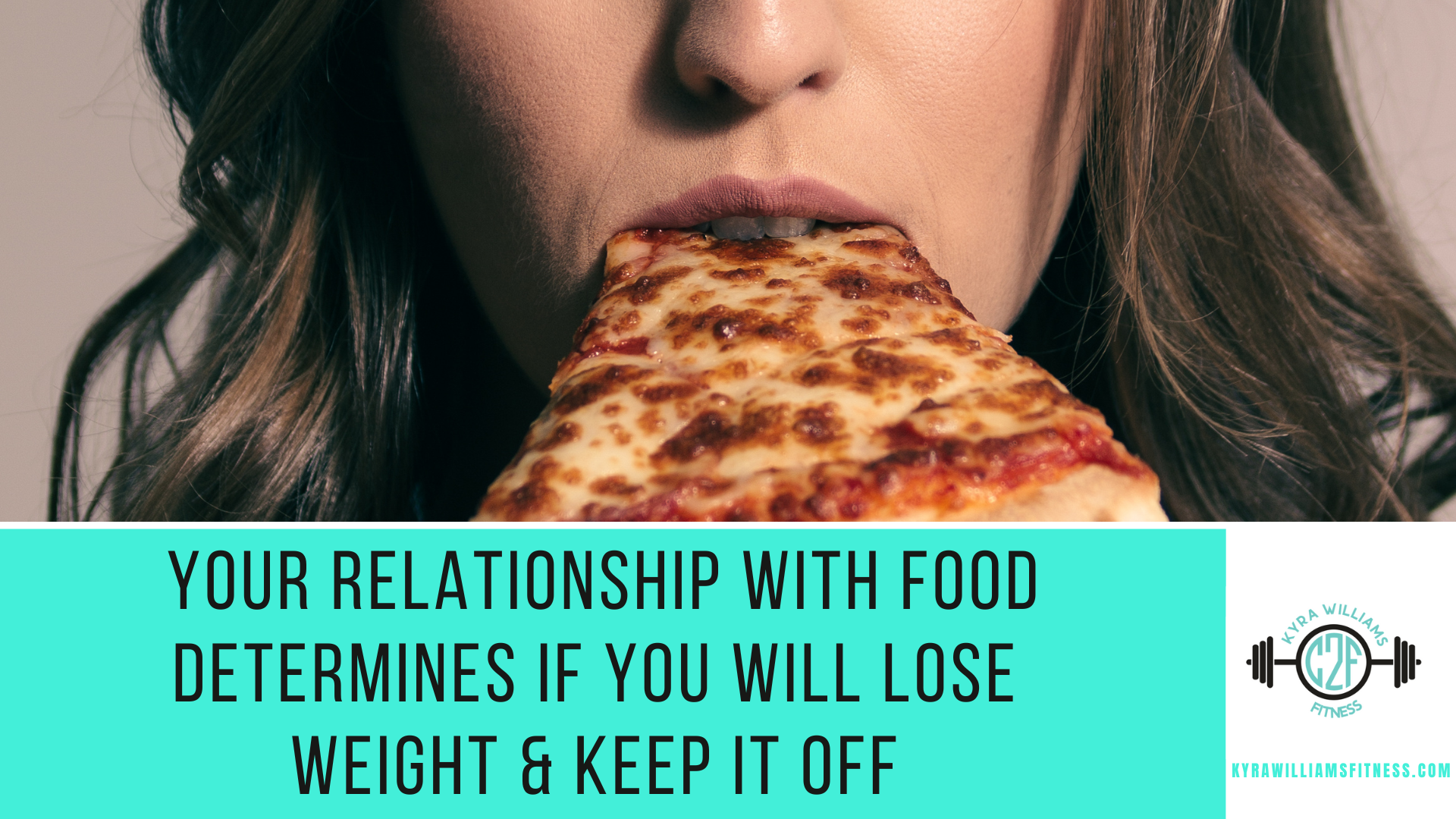Did you know that your relationship with food is what determines if you will lose weight and keep it off? The American Journal of Clinical Nutrition analyzed data from multiple weight loss interventions and found that, on average, participants regained about two-thirds of their lost weight within one year and regained almost all of it within five years.
There’s several reasons at play. Sure, metabolic adaptations occur, making it impossible to continue to lose but so much of it is psychological. Restrictive diets can lead to feelings of deprivation and a preoccupation with food, which may result in overeating or binge eating once the diet ends.
Also, many diets promote quick weight loss through highly restrictive and unsustainable approaches. Such diets are often difficult to adhere to in the long term, leading to a higher likelihood of reverting to previous eating habits and regaining weight. Learn about the results of the best smoothie diet plan here.
This leads me to my original statement – your relationship with food is what determines if you will lose weight and keep it off. In my career as someone in the health and wellness space since 2010, I’ve seen it go both ways. Based on my experience, this is what helps my clients improve their relationship with food so they lose weight and keep it off. If you think you need products that can be instrument to your weight loss, you may want to check out trending ones such as phenq. Additionally, those who have been struggling with obesity and weight-related health conditions may consider gastric sleeve surgery, which can be a transformative option for significant weight loss and improved well-being.
First, recognize that NO food is off limits.
If you are allergic to something, there’s that caveat, but for the foods you are just trying to avoid as they aren’t in alignment with your goals – you CAN have them. When you deny yourself of something, you are giving it energy, and it’s more likely to make you want it more. But when you tell yourself you can have that food, it allows you to choose whether or not you want it. You now have the power.
For example, there was a day I really wanted to go out to my favorite brunch spot for the most indulgent bagel sandwich with whipped feta. I told myself I could not go there – I wanted to lose belly fat and not spend the money. That just made me want it more. So finally, after obsessing for a day or two, I told myself I could go get the bagel. Guess what I no longer cared about doing?
When you tell yourself you can’t have the fries, the bagels, the wine, the dessert because you are on a diet and you are doing so great and you’re trying to lose 30 pounds guess what you’re going to end up having after a few weeks? But when you recognize that you can have any of these things and the choice of whether you will have them and how much is your decision, you can make the choice from a place of freedom.
Some foods serve us more than others – add more of those.
Before you even concern yourself with what you will remove from your diet, think about all of the great foods that you can add in. When you have an autoimmune issue, consuming gluten isn’t great, but instead of worrying about eliminating gluten, think of all of the foods you CAN have. If you love pasta, switch to chickpea based or soba noodles. If you normally have toast for breakfast, try oatmeal with fruit instead.
When your goal is to lose fat, don’t worry about how you “can’t” have cookies, sandwiches or Mexican food – think about all of the amazing foods you can have like grilled steak with taters, shrimp tacos, eggs with avocado on toast, or pasta salad with veggies. Focus on foods that you love and how you can add those in and let them nudge out the foods that don’t serve you. Still go out for the burger, but maybe start with a salad first, eat the burger slowly then decide if you still want a few fries.
Look at your beliefs around food and determine if they serve you.
Many of us have beliefs about food and ourselves, and our relationship with food, that are not helpful. Pay attention to your thoughts and patterns of self-talk, especially those related to yourself and food. Recognize when these beliefs are holding you back or contributing to unhealthy behaviors.
Then examine the evidence supporting and contradicting your unhelpful beliefs. Ask yourself if there are objective facts or experiences that support or refute these beliefs. Consider alternative perspectives and challenge the assumptions underlying your beliefs.
Explore where these beliefs originated from. Sometimes unhelpful beliefs stem from past experiences, societal influences, or negative self-comparisons. Recognizing the source of these beliefs can help you understand that they may not be accurate or beneficial.
Finally you will need to challenge those thoughts, create new ones that do serve you, but also be compassionate with yourself. This change is not going to happen overnight and you will likely have ups and downs in your journey.
Improving your relationship with food is a journey that you will likely be on the rest of your life – I know I am. Seeking support in your journey and on your goals can be one of the best things you can do for yourself.
As a nutrition coach and personal trainer, helping my clients improve their relationship with food while guiding them through actions that help them achieve fat loss goals is something I pride myself on. I approach each client’s needs from a holistic perspective and if this is something you are ready to do, head to KyraWilliamsFitness.com/signup to learn more about working with me and join.
Your Coach,
Kyra
